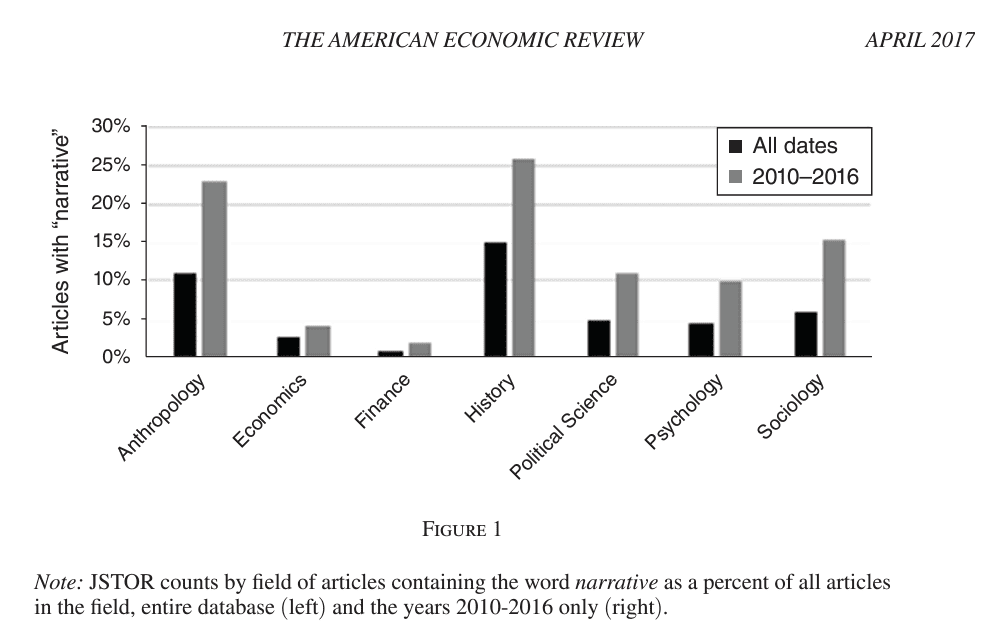“Dictatorship naturally arises out of democracy, and the most aggravated form of tyranny and slavery out of the most extreme liberty.”
— Plato
The cricket matches are causing a bit of confusion in our data feeds with potential war crimes and arrest warrants. India and Pakistan are suddenly somehow linked to the ICC. The two nations won't face each other until June 9.
Martin Wolf on the Bank of England & Inflation
The FT's Martin Wolf wrote a compelling piece on inflation and the new inflation forecasting proposals at the Bank of England. We're writing a related article with a special focus on the ‘dot plots'. Our expert sources on this topic may overlap, so race you to it, Martin! The problem for us is that the left and right sides of Wolf's mind work equally well and synchronously, making it difficult to compete with him.
Wolf's book A Crisis of Democratic Capitalism is a good read and relevant to current affairs. His entire family on his father's side perished during the Holocaust.
Curating Sources
One of the questions we are frequently asked is which expert sources to follow on a given topic. In most cases, no single source of knowledge is adequate for establishing clear notions of situations as they develop. This is especially true when it comes to Middle East politics, more so because the sentiment in the region is extremely polarized and much pride and honor are on display from all sides. Recall the video of Yasser Arafat (Abu Ammar) and Ehud Barak standing on ceremony over who's first to pass through the door at Camp David with Bill Clinton.
Difficult Editorial Decisions
Coverage of the Gaza war has been exceptionally difficult in part due to polarization and widespread cognitive dissonance on both sides. Furthermore, the primary sources of information, Israel and Hamas, are embroiled in information warfare; in some instances, outright disinformation campaigns. Whether as a publisher or platform operator, if you have not had to make difficult editorial decisions, then you are not doing it right.
Faultless Reporting on the Gaza War
We should also take this opportunity to congratulate the team at the Financial Times for avoiding countless banana peels, especially in the aftermath of the October 7 attacks on Israel. By our records, the FT has not set a foot wrong throughout the conflict which would have required them to redact or rectify a story. The FT has tread cautiously while also managing to produce a couple of noteworthy exclusives.
In the second part of this update, we will focus on a comprehensive curated list of individual analysts and commentators to follow on Middle East politics.
Latest News from Middle East conflict
—It's widely reported that Hamas has reviewed the latest ceasefire proposal by Israel and has expressed no major objections to it.
—US Secretary of State is in Riyadh today and tomorrow to see what he can salvage of the Israeli-Saudi normalization agreement, which was in motion prior to October 7. Tom Friedman wrote in his regular NY Times column last week that Israel must decide between Riyadh or Rafah.
—The Jerusalem Post reports that the political leaders of Hamas would relocate to Jordan if Qatar asks them to leave, citing sources in Iranian state media. Given the troubled history between Jordan and Palestinian militant groups on its soil, it is unlikely the ruling Hashemite King would be open to such an arrangement. More likely, it is an indirect threat by Iran and its proxies against the Kingdom and US interests in the region.







